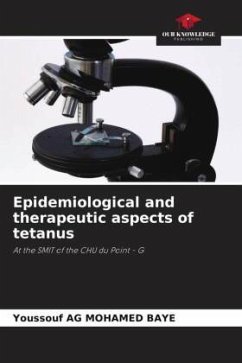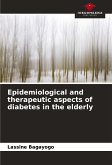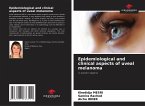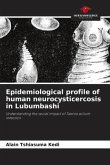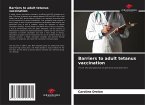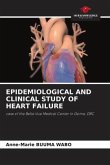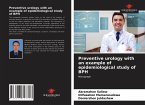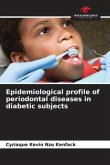A total of 890 patients were enrolled, including 63 cases of tetanus, i.e. a prevalence of 7.07%. Among the 63 patients, 60 were male and 3 were female, with an average age of 45.1 ± 15.8 years. The majority of cases were from urban areas (73%). The most represented professions were: farmers (27%), shopkeepers (20.6%), and workers (12.7%). Generalized tetanus was the predominant clinical form with 59 cases, i.e. 93.7%, the remainder was Rose's cephalic tetanus (3.1%) and tetanus localized to the limbs (1.6%). The portal of entry was found in 87.4% of cases. It was dominated by skin or integumentary wounds: 49 cases (77.8%), surgical wounds in 2 cases (3.2%), post IM injection, post circumcision, ENT and traditional in 1 case each, i.e. 1.6% and not found in 8 cases (12.7%). According to the Dakar classification, 38.1% of the patients were in score 2; Dakar score 1 and 3 each representing 22.2% of cases. Group II of the Mollaret classification predominates in 39 cases, i.e. 61.9%.The average duration of hospitalization was 8 days, with extremes of 0 to 32 days.
Bitte wählen Sie Ihr Anliegen aus.
Rechnungen
Retourenschein anfordern
Bestellstatus
Storno

